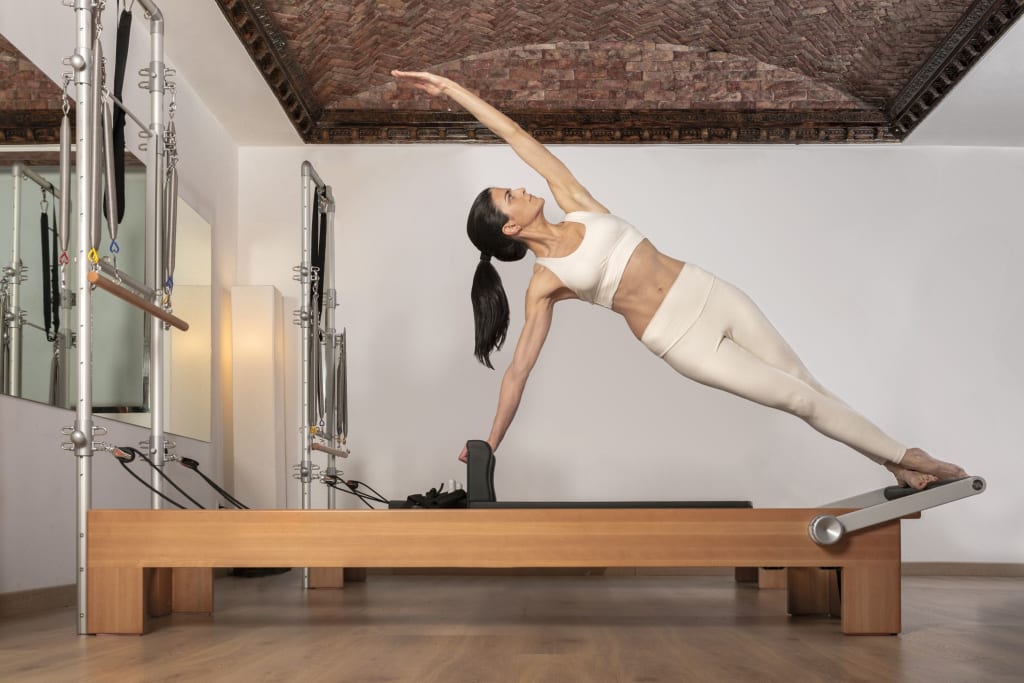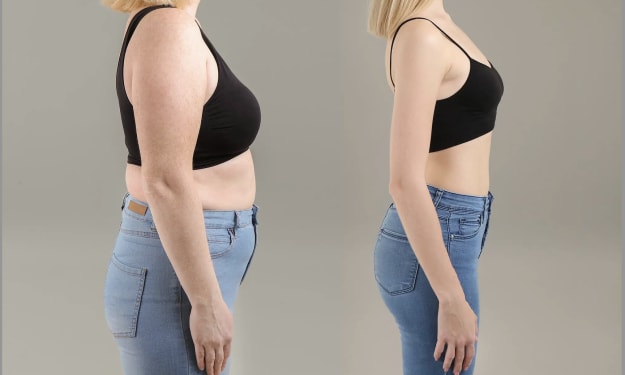Pilates Amazon Finds
That Girl Pilates Preparation

Pilates is a form of exercise that focuses on strength, flexibility, and overall body awareness. While it is not directly related to diet, incorporating Pilates into your health and fitness routine can have positive effects on your overall well-being, which can indirectly support a healthy diet.
To start Pilates, here are a few things you can prepare:
1. Find a qualified instructor: Look for a certified Pilates instructor who can guide you through the exercises and ensure you're practicing them correctly. They can provide valuable feedback and help you progress safely.
2. Choose a suitable Pilates method: Pilates offers various methods, such as Classical Pilates, Stott Pilates, or Clinical Pilates. Research these methods to find one that aligns with your goals and preferences.
3. Determine your goals: Decide what you want to achieve through Pilates. Whether it's improving flexibility, building core strength, relieving back pain, or enhancing overall fitness, having clear goals will help you focus your efforts.
4. Wear comfortable clothing: Opt for flexible and breathable attire that allows you to move freely. Avoid overly loose or restrictive clothing that may hinder your movements during Pilates exercises.
5. Consider equipment: While many Pilates exercises can be performed on a mat, you may also encounter equipment like the Reformer, Cadillac, or Wunda Chair in some classes. If you plan to attend equipment-based Pilates sessions, check with the studio or instructor regarding any specific requirements.
6. Warm up and cool down: Prioritize warming up before your Pilates session to prepare your body for exercise and reduce the risk of injury. Similarly, incorporate a cool-down routine to stretch your muscles and promote recovery.
7. Be consistent: Pilates is most effective when practiced regularly. Create a schedule that works for you, whether it's attending classes or practicing at home. Consistency will help you build strength, improve flexibility, and see progress over time.
8. Communicate any health concerns: If you have any pre-existing health conditions or injuries, inform your instructor beforehand. They can modify exercises or suggest alternatives to accommodate your needs and ensure a safe practice.
9. Stay hydrated: Keep a water bottle nearby during your Pilates session to stay hydrated, especially if you're performing a vigorous or longer workout.
10. Maintain a positive mindset: Pilates requires focus and concentration, so approach your practice with a positive and open mindset. Embrace the learning process, be patient with yourself, and celebrate your achievements along the way.
Remember, it's always a good idea to consult with a healthcare professional before starting any new exercise program, especially if you have underlying health concerns.
Here's how Pilates can contribute to your health and complement a balanced diet:
1. Improved body composition: Regular Pilates practice can help tone and strengthen your muscles, leading to improved body composition. Increased muscle mass can enhance your metabolism, making it easier to maintain a healthy weight or lose excess body fat.
2. Enhanced flexibility: Pilates exercises emphasize stretching and lengthening the muscles, which can lead to increased flexibility over time. Greater flexibility can improve your range of motion, posture, and overall mobility, making it easier to engage in other physical activities and maintain an active lifestyle.
3. Increased core strength: Pilates places a strong emphasis on core strength and stability. A strong core can provide a solid foundation for your body, improve your balance, and support proper alignment and posture. It can also enhance functional movements and reduce the risk of injury in daily activities.
4. Stress reduction: Pilates incorporates mindful breathing techniques and encourages a mind-body connection. This can help reduce stress levels, promote relaxation, and improve mental well-being. By managing stress, you may be less likely to engage in emotional or binge eating, thus supporting a healthy diet.
5. Improved body awareness: Pilates encourages you to focus on your body's alignment, movement patterns, and muscle engagement. By developing a greater sense of body awareness, you can become more attuned to your hunger and satiety cues. This awareness can help you make conscious choices about what and how much you eat, leading to a healthier diet.
Remember that while Pilates can have positive effects on your health, it is essential to combine it with a balanced diet for optimal results. Consult with a healthcare professional or registered dietitian to create a personalized diet plan that suits your specific needs and goals.





Comments
There are no comments for this story
Be the first to respond and start the conversation.